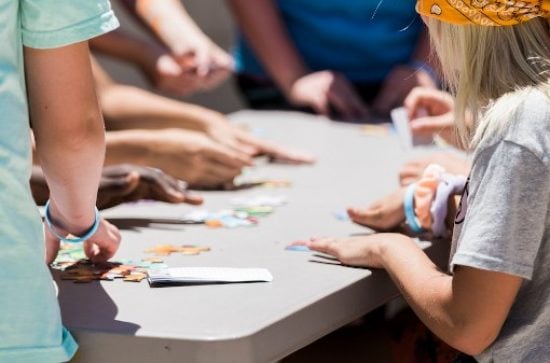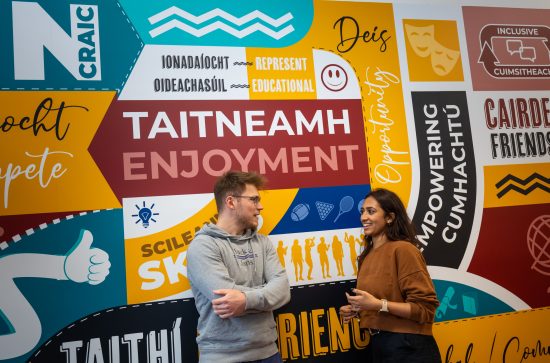The Education Department supports an energetic, dynamic, interdisciplinary research culture. We have strong and vibrant traditions of teaching and research with particular expertise in the development of innovative pedagogies; the promotion of social justice, equality and inclusion; and in nurturing the developing person by supporting resilience and wellbeing. Our research focuses on the educational experiences of individuals throughout the life-course, incorporating all education sectors from early childhood education, through to primary, second level, higher and further education.
The Education Department is at the forefront of undergraduate and postgraduate teacher education, leadership, and guidance and counselling in Ireland, and many past students of the Department hold strategic positions in the education sector. Our academic staff have formed collaborations with researchers and educational practitioners across the globe. We have also developed numerous partnerships with key educational stakeholders at national and local levels.
Our researchers draw on a range of research designs and methodologies including action research, narrative inquiry, qualitative and quantitative research, documentary analysis, ethnographic and arts-based approaches.
See our People and our Projects & Collaborations sections for more details of our research activities and click below for details of our three research strands.




